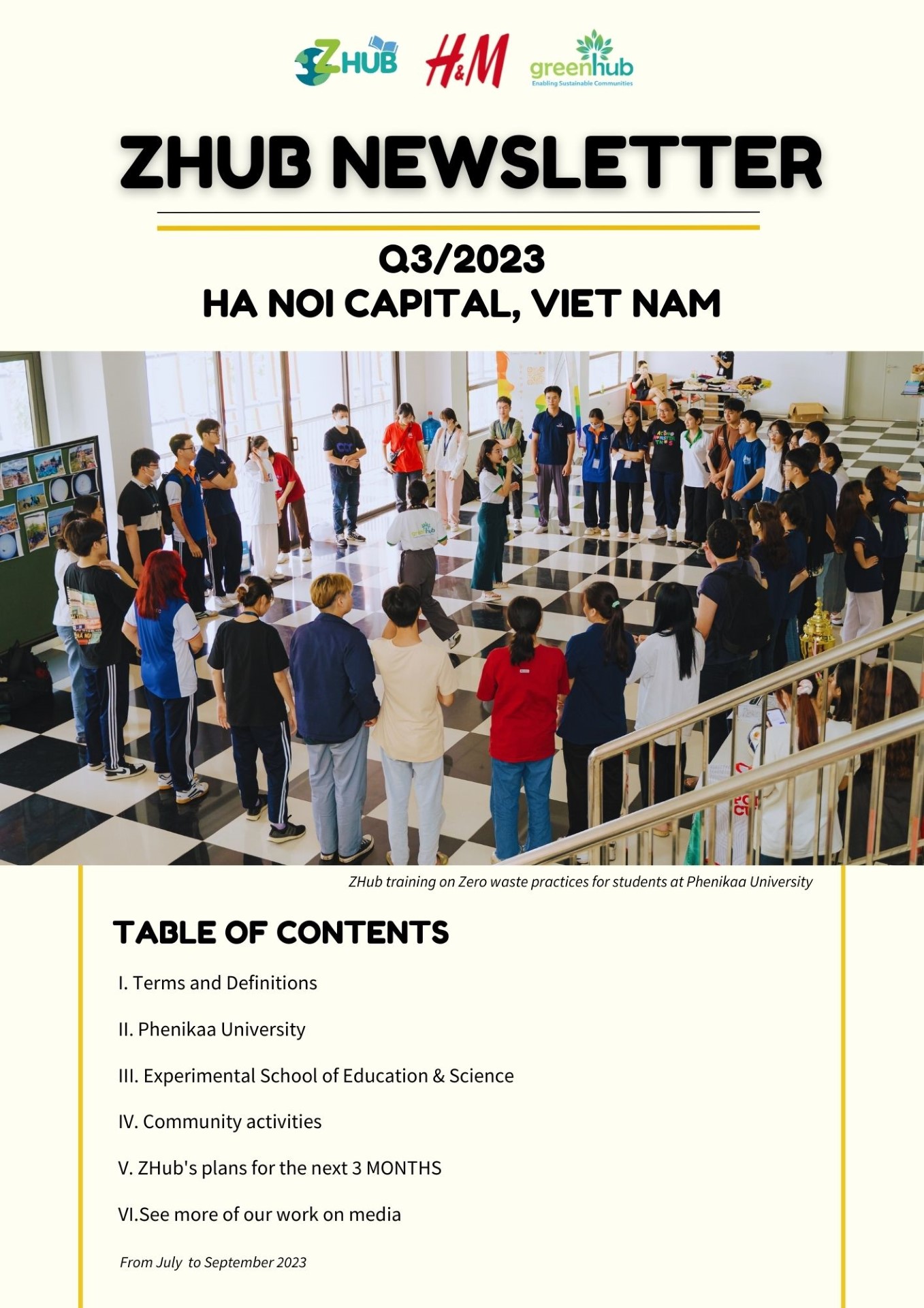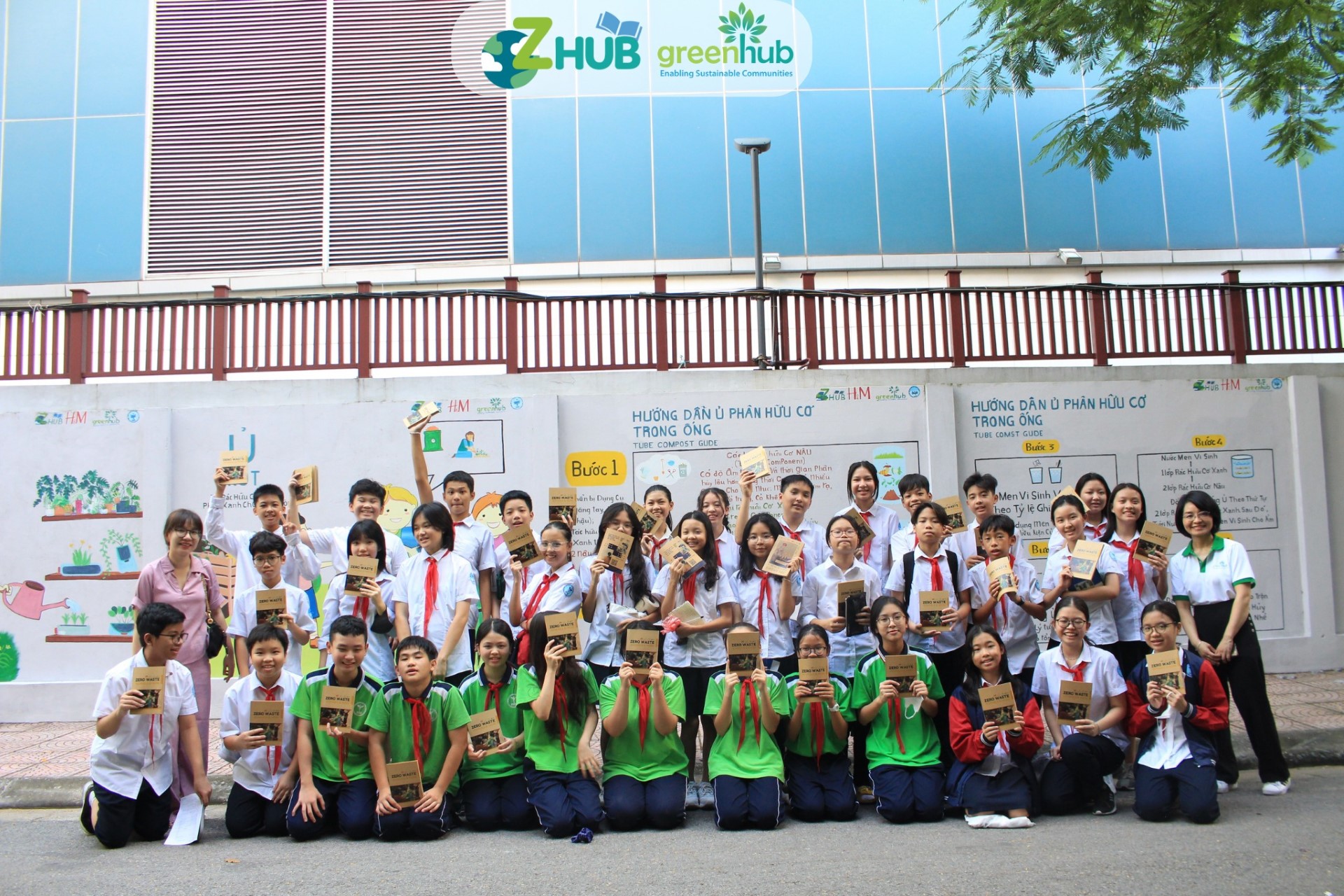When it comes to waste management or recycling, you definitely think of countries like Japan or Germany, etc. According to a report by the World Bank, Germany ranks first in the list of efficient waste recycling countries in the world. So where is Vietnam on the world map of waste management?
Let’s explore with GreenHub the current status of plastic waste management in Vietnam through the data collected by the LSPP project.

Regarding waste:
– From 2009 to 2011, the amount of solid waste in Vietnam has increased by more than 46% and is expected to continue increasing from 0.75 to 0.98 kg/person/day in the period 2018 – 2030.
– Plastic waste accounts for 12-14% of waste which more than half is not managed.
– About 453,000 tons of plastic waste in Vietnam leaks into water sources and oceans.

So how is waste being managed?
– The highest rate of garbage collection is in the city center (about 85-90%)
– The amount of garbage collected in rural areas is only 40% – 55%.
– an estimated 71% of waste is disposed of by landfill, open burning or incineration.
Inefficient waste treatment leads to waste leakage and pollution into the ground and groundwater.

There can be 5 main reasons for leaks:
(i) High littering rate;
(ii) Open burning before collection is still a common practice;
(iii) Low collection rate outside the city center;
(iv) Small and poorly managed landfills
(v) Outdated recycling technology with no waste treatment system.
It is important to note that the informal sector (individuals working as collectors, etc.) plays an important role in changing the leakage of waste into water sources. Without the participation of the informal sector in the plastic value chain, plastic pollution entering water sources in Vietnam would be much worse (NPAP, 2020).
The data are quoted from the report “Stakeholder Mapping and System Scanning Report with Strategic Recommendations”, page vii of the project “Local Solutions for Plastic Pollution” (LSPP) funded by USAID under the program “Vietnam Local Activities Project for Environmental Health” implemented by GreenHub and 03 partners (ISPONRE, HUPH-VOHUN, GIMASYS).
Posts same category:
? Change for plastic #1: http://bit.ly/TDVN_1
? Change for plastic #2: http://bit.ly/TDVN_2
? Change for plastic #3: http://bit.ly/TDVN_3
? Change for plastic #4: http://bit.ly/TDVN_4
——-
The data is based on the survey results of GreenHub conducted in 4 areas; Hanoi, Da Nang, Hoi An (Quang Nam) and Ha Long (Quang Ninh) in October and November 2020.
——-
The project “Local Solutions for Plastic Pollution” (LSPP) is sponsored by USAID under the program “Vietnam Local Activities Project for Environmental Health” implemented by GreenHub with 03 partners. cooperation (ISPONRE, HUPH-VOHUN, GIMASYS).
——-
The article is in the category Deep Reading: Change for Plastic. Read, understand and spread good values with GreenHub.


